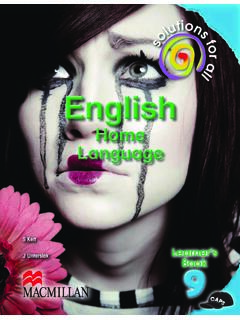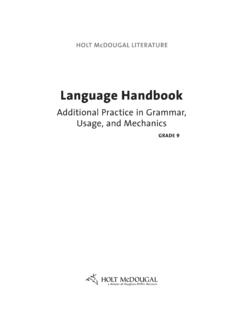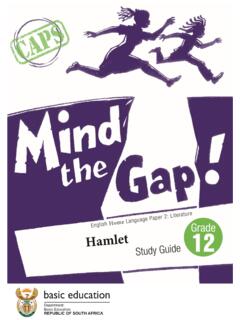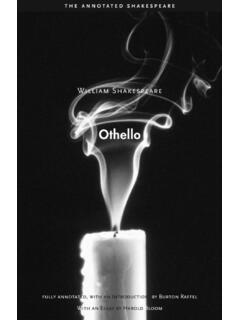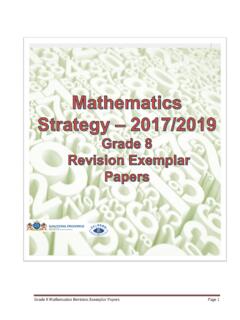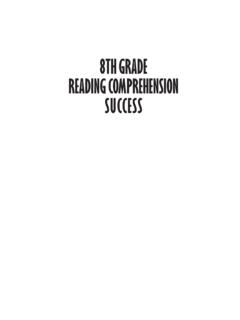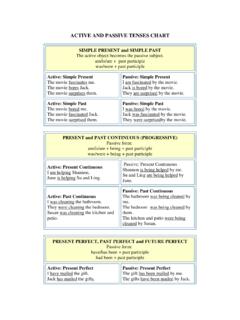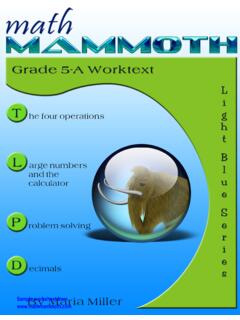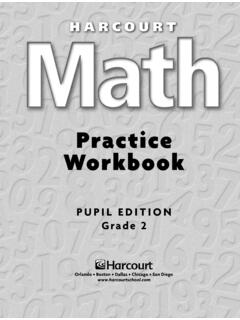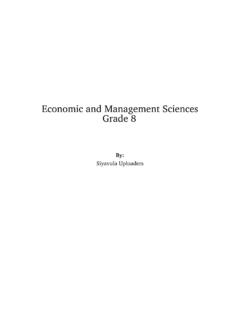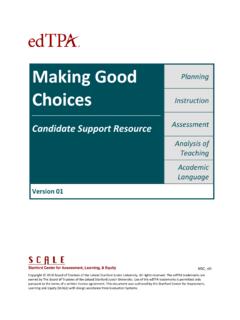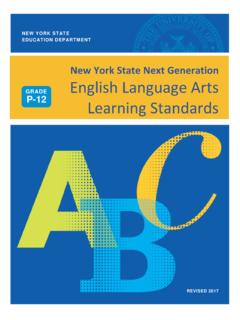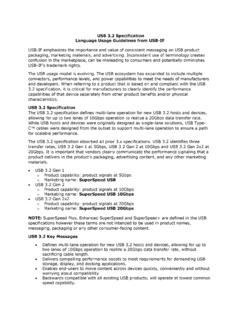Transcription of English First Additional Language SHORT STORIES
1 English First Additional Language SHORT STORIESG rade12 Study GuideMIND THE GAP!-B. WALTERD epartment of Basic Education 2020 MIND THE GAP!2 This content may not be sold or used for commercial and Assessment Policy Statement (CAPS) Grade 12 English First Additional Language Mind the Gap study guide for SHORT STORIES : Changes: An anthology of SHORT STORIES by B Walter. This publication has a Creative Commons Attribution Noncommercial Sharealike Licence. You can use, modify, upload, download, and share content, but you must acknowledge the Department of Basic Education, the authors and contributors. If you make any changes to the content you must send the changes to the Department of Basic Education. This content may not be sold or used for commercial purposes. For more information about the terms of the license please see: Department of Basic Education 2019 222 Struben Street, Pretoria, South Africa Contact persons: Ms C.
2 Weston and Dr S. MalapileEmail: / Tel: (012) 357 4183 / 012) 357 3811 Call Centre: 0800202933 AcknowledgementsThe extracts from the SHORT STORIES in this study guide are from Changes: An anthology of SHORT STORIES by B WalterMind the Gap TeamSenior Project Leaders: Dr S. Malapile, Ms C WestonProduction co-ordinators:B. Monyaki, B. Ras, M. Phonela, M. Nematangari Authors: Mr Norman Fumba, Ms Renske Pieterse, Mr Harold Takalo, Mr Emmanuel Mpumelelo Thobela, Ms Nonhlanhla Mzila, Ms Thembeka Mtolo, Ms Thokozile Joyfull Sabelo, Ms Monica Mamakara Karabo Seitei, Ms Elizabeth Marianne Meyer, Ms Doreen Mpho Mongale, Ms Vuyelwa Gladys Mnguni, Ms Pila Masakane and Mr Moses reader: Monyaki BSDesigner and editor: Page82 Onsite writers workshop support: J. Mphidi, V. Magelegeda, P. Hlabiwa, R. Maboye and N. MalopeDepartment of Basic Education 2020 Department of Basic Education 2020 MIND THE GAP!
3 3 Matsie Angelina Motshekga, MPMinister of Basic EducationThe Department of Basic Education remains steadfastly committed to innovative strategies aimed at enhancing learner attainment. Consistent with the government s commitment in promoting the indigenous languages that form the tapestry of our democratic landscape, this Mind the Gap Self study guide is a concrete demonstration of this release of this self-study guide incorporates all the official African Home Languages focusing on the novel genre at this stage. Not only does the study guide incorporate the African languages, but it also incorporates South African Sign Language Home Language , Afrikaans Home Language and English First Additional Mind the Gap Literature Self Study Guide is responding to the broader sectoral reading challenges that the country is experiencing.
4 It seeks to strengthen the following strands of the National Reading Sector Plan: Teacher Development and Support; Direct Learner Support; and Provisioning and Utilisation of the Learning and Teaching Support Materials. Its interactive nature will make it easier for both teachers and learners to read, to learn or study. It is hoped that through this Study Guide, the reading and learning outcomes will be achieved. Key terminologies are explained or illustrated in a simplified manner and examples of the types of questions as a learner you may expect to be asked in an examination, are included in this study guide. In order to build your understanding, specific questions and possible responses forms part of the study guide study guide is designed to appeal to any learner offering Grade 12, whether as a part-time or a full-time candidate. Educators in the field will also find it an invaluable resource in their learner is a national asset, all you need now is to put in the hours required to prepare for the examinations and excel!
5 We wish each and every one of you good luck and ForewordMRS AM MOTSHEKGA, MPMINISTERDATE: 14 NOVEMBER 2019 Department of Basic Education 2020 MIND THE GAP!4 Table of contentsDear Grade 12 to use this study 7 study the exam of the English First Additional Language Paper 2: Literature Story 1: Transforming Moments by Gcina Themes ..104. How is the story told?.. Structure and plot Characterisation .. Narrator s point of Diction and figurative Tone and Story 2: The Last Breath by Sam .162..163..164. How is the story told?.. Structure and plot . Narrator and point of . Diction and figurative . Tone and .19 SHORT Story 3: Next Door by Kurt .221..222..233..234. How is the story told?
6 Structure and plot .. Narrator and point of Diction and figurative Tone and Story 4: The New .281. How is the story told?.. Structure and plot Narrator and point of . Diction and figurative . Tone and .30 Activity .31 SHORT Story 5: A Chip of Glass Ruby by Nadine .331..332..343..34 Department of Basic Education 2020 Department of Basic Education 2020 MIND THE GAP!54. How is the story told?.. Structure and plot .. Narrator and point of . Diction and figurative . Tone and.
7 37 Activity .38 Activity .39 SHORT Story 6: Village People by Bessie .421..422..433..434. How is the story told?.. Structure and plot .. Narrator and point of . Diction and figurative . Tone and .45 Activity .47 SHORT Story 7: The Fur Coat by Sean O .481..482..483..494. How is the story told?.. Structure and plot .. Narrator and point of . Diction and figurative . Tone and .51 Activity .52 Activity .54 SHORT Story 8: The Doll s House by Katherine .561..562..573..574. How is the story told?.. Structure and plot .. Narrator and point of . Diction and figurative . Tone and ..60 Department of Basic Education 2020 MIND THE GAP!6 Pay special attentionHints to help youremember a concept orguide you in solving problemsActivoties with questions for you to annswerLook out for these icons In the studyDear Grade 12 learnerThis Mind the Gap study guide helps you to prepare for the end-of-yearGrade 12 English First Additional Language (EFAL) Literature are three exams for EFAL: Paper 1: Language in Context; Paper 2: Literature; and Paper 3: are eight great EFAL Mind the Gap study guides which cover Papers 1, 2 and 2: Literature includes the study of novels, drama, SHORT STORIES and poetry.
8 A Mind the Gap study guide is available for each of the prescribed literature titles. Choose the study guide for the set works you studied in your EFAL class at study guide focuses on the eight prescribed SHORT STORIES examined in Paper 2: Literature. You will need to study all eight SHORT STORIES for the exam:1. Transforming Moments by Gcina Mhlophe2. The Last Breath by Sam Kahiga3. Next Door by Kurt Vonnegut4. The New Tribe by Buchi Emecheta5. A Chip of Glass Ruby by Nadine Gordimer6. Village People by Bessie Head7. The Fur Coat by Sean O Faolain8. The Doll s House by Katherine MansfieldHow to use this study guideThere is one chapter for each of the SHORT STORIES . Each chapter includes a summary, a brief statement of the importance of the title, and the themes. More detail is given on how the story is told by examining: Setting; Structure and plot development; Characterisation; Style; Narrator and point of view; Diction and figurative Language ; and Tone and of the above information is also summarised in a set of notes.
9 Use these notes to hold the eight SHORT STORIES clearly in your can test your understanding of each SHORT story by completing the activities and using the answers to mark your own work. The activities are based on exam all of the vocabulary lists for each SHORT story at the end of each of Basic Education 2020 Department of Basic Education 2020 MIND THE GAP!7 Top 7 study tips1. Break your learning up into manageable sections. This will help your brain to focus. Take SHORT breaks between studying one section and going onto the Have all your materials ready before you begin studying a section pencils, pens, highlighters, paper, glass of water, Be positive. It helps your brain hold on to the information.
10 4. Your brain learns well with colours and pictures. Try to use them whenever you can. 5. Repetition is the key to remembering information you have to learn. Keep going over the work until you can recall it with Teach what you are learning to anyone who will listen. It is definitely worth reading your revision notes Sleeping for at least eight hours every night, eating healthy food and drinking plenty of water are all important things you need to do for your brain. Studying for exams is like exercise, so you must be prepared physically as well as these Study tips to make learning the exam dayi. Make sure you bring pens that work, sharp pencils, a rubber and a sharpener. Make sure you bring your ID document and examination admission letter. Arrive at the exam venue at least an hour before the start of the Go to the toilet before entering the exam room.
